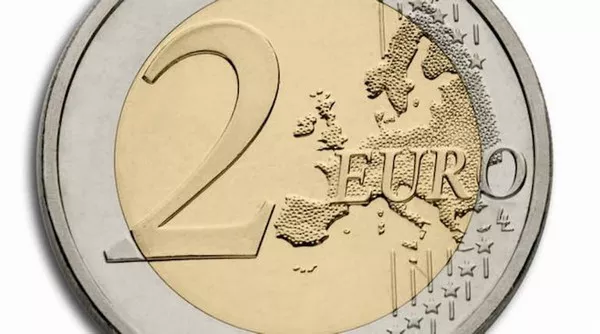The euro has been one of the most significant currencies globally since its introduction in 1999. Over the years, it has faced several ups and downs, with some experts predicting a brighter future for the currency while others suggest otherwise. As we move into 2023, the question on the lips of many traders and investors is whether the euro will get stronger this year. In this article, we will discuss the factors that might influence the strength of the euro in 2023.
The Current State of the Euro
Before we dive into the factors that might influence the strength of the euro in 2023, let’s take a look at the current state of the currency. As of June 26th, 2023, the euro is trading at around $1.18 against the US dollar. This marks a slight increase from its lows of around $1.13 in late 2022. However, the euro is still down significantly from its highs of around $1.25 in early 2022.
Factors That Might Influence the Strength of the Euro in 2023
Several factors could influence the strength of the euro in 2023. These include:
1. Economic Recovery
The COVID-19 pandemic had a significant impact on the global economy, with many countries experiencing a recession. The Eurozone was not spared, as the region saw an economic contraction of 6.6% in 2020. However, with the rollout of vaccines and the easing of lockdowns, the Eurozone is expected to experience an economic recovery in 2023. A robust economic recovery would likely boost the strength of the euro.
2. Central Bank Policy
Monetary policy can have a significant impact on a currency’s strength. The European Central Bank (ECB) has taken several measures to support the Eurozone economy, including keeping interest rates low and providing quantitative easing. The ECB has also indicated that it will continue to support the economy until inflation reaches its target of 2%. Any signals from the ECB that the central bank is prepared to tighten monetary policy could strengthen the euro.
3. Political Stability
Political instability can have a negative impact on a currency’s strength. In recent years, there have been concerns about political stability in some Eurozone countries, such as Italy and Greece. However, with the election of new leaders in these countries and an overall reduction in political risk, the Eurozone is becoming more politically stable. A continued improvement in political stability could boost confidence in the euro and support its strength.
4. Trade Relations
The Eurozone has several important trading partners, including the US, China, and the UK. Any changes in trade relations with these countries could impact the strength of the euro. For example, the ongoing trade tensions between the US and China or Brexit negotiations between the UK and the EU could have both positive and negative impacts on the strength of the euro.
5. Inflation
Inflation can have a significant impact on a currency’s strength. The ECB has set an inflation target of 2%, but inflation has remained below this level for several years. However, with the economic recovery expected to continue in 2023, there are concerns that inflation could rise above the ECB’s target. If this were to happen, the ECB may need to tighten monetary policy, which could support the strength of the euro.
Predictions for the Strength of the Euro in 2023
It is challenging to make accurate predictions about the strength of the euro in 2023. However, based on the factors discussed above, here are some possible scenarios:
1. Strong Euro
If the Eurozone experiences a robust economic recovery, the ECB indicates that it is prepared to tighten monetary policy, political stability continues to improve, and trade relations with key partners remain stable, the euro could strengthen significantly in 2023.
2. Weak Euro
If the Eurozone experiences a slower-than-expected economic recovery, the ECB continues to provide accommodative monetary policy, political instability increases, and trade relations with key partners deteriorate, the euro could weaken further in 2023.
3. Stable Euro
If the Eurozone experiences a moderate economic recovery, the ECB maintains its current policy stance, political stability remains unchanged, and trade relations with key partners remain stable, the euro may remain relatively stable in 2023.
Conclusion
In conclusion, several factors could influence the strength of the euro in 2023, including economic recovery, central bank policy, political stability, trade relations, and inflation. While it is challenging to make accurate predictions, a robust economic recovery, signals from the ECB that it is prepared to tighten monetary policy, continued improvement in political stability, and stable trade relations could support the strength of the euro in 2023. However, if any of these factors fail to materialize, the euro could weaken further.


